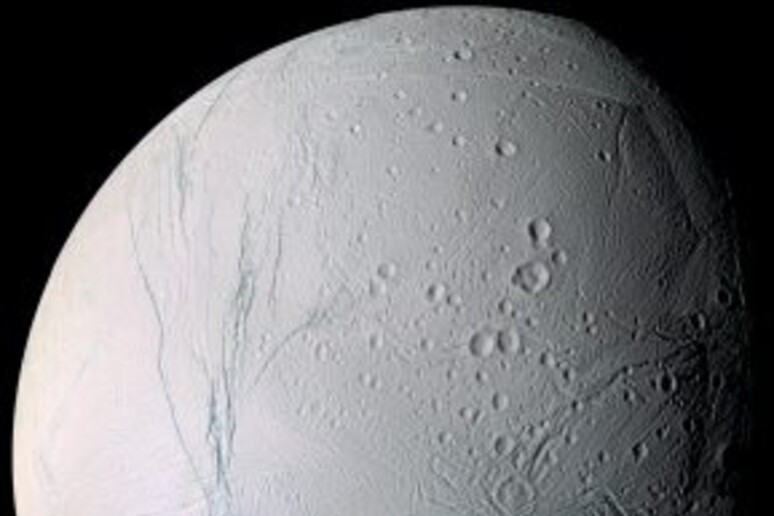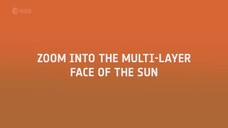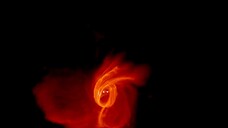Phosphorus, one of the essential elements of life as we know it, has been found for the first time in an ocean beyond Earth. It has been detected on Enceladus, which is one of Saturn's moons and hosts a vast ocean of liquid under a thick layer of ice. The discovery, revealed in a study published by the Nature journal and led by Berlin's Freie University, was made possible by data collected by the Cassini-Huygens mission launched in 1997 by NASA, the European Space Agency and the Italian Space Agency that ended after 20 years. "There's great interest in phosphorus because it is one of the fundamental building blocks of life as we know it," Gianrico Filacchione, a researcher for the National Institute of Astrophysics (INAF), told ANSA.
"We had some clues that this was the case and now we have confirmation". Indeed, a study published in 2022 in the Proceedings of the National Academy of Sciences (PNAS) journal of the United States National Academy of Sciences (NAS) and led by the University of Science and Technology of China had given an initial estimate regarding the abundance of this element on Enceladus. Now researchers led by Frank Postberg have analysed fragments of ice ejected from the ocean under the ice moon and collected by the spacecraft: the data not only demonstrates the presence of phosphorus but it also suggests concentrations that are at least 100 times higher than those of Earth's oceans.
Riproduzione riservata © Copyright ANSA













